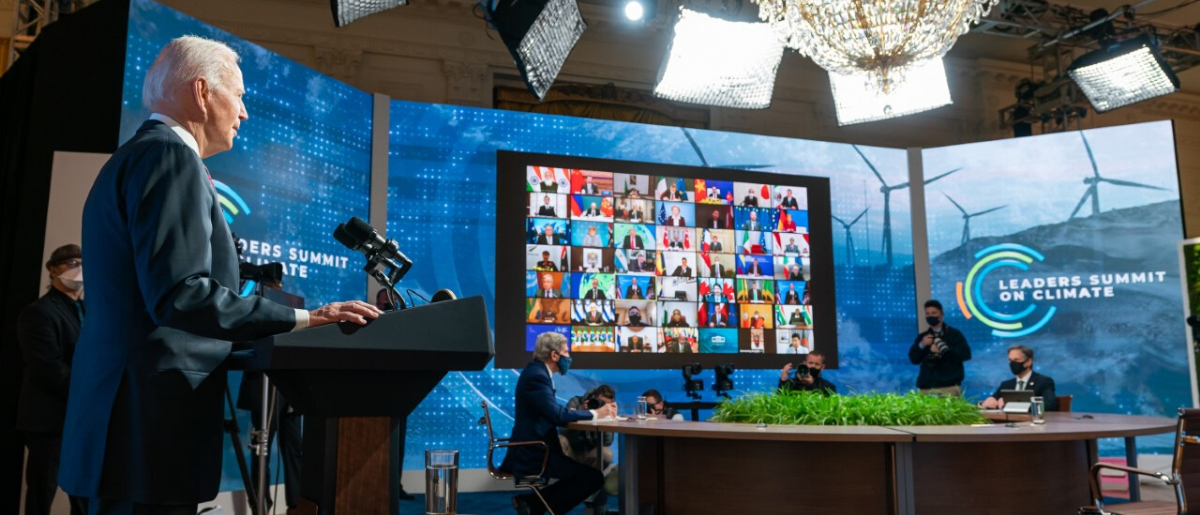Fiji was recently excluded from the Leader Summit on Climate, to which only the Marshall Islands and New Zealand were invited, notwithstanding the fact that Fiji was the first island nation to raise the battle against climate change to the global stage.
The issue of excluding Fiji seems to be analogous to a phenomenon observed in the academic environment, as proposed by Raewyn Connell’s (Australian Social Scientist) book piece Southern Theory: The Global Dynamics of Knowledge of Social Science.
The work highlights the need to democratise the world social science and demand to incorporate a major southern theoretical voice to become a universal voice.
The perspectives and problems of metropolitan societies of the North presented itself as universal knowledge (general theory), where the South has always been marginalised. Connell’s research attempts to highlight the role the global South had played in the creation of the discipline.
This article highlights this theory in a snippet way for people to understand the position of the South in the academic world that has a monopoly of the North.
North (metropole) versus South (periphery)
The northern theory represents the leading varieties of social science that portray the world as seen from the ‘rich capital-exporting countries of Europe and North America — the global metropole’ (p.viii). Thus the general social theory has excluded the diverse social world that is outside the metropole that refers to south or periphery. The northern theory has mostly shown denial in the historical sense of imperialism and power and domination ties. Southern theories and intellectuals have mostly been excluded. The research claims ‘colonised and peripheral societies produce social thought about the modern world which has as much intellectual power as metropolitan social thought, and more political relevance’ (p. xii). In stating that intellectual producing the Northern theories should not be considered as general theories. The work criticises the northern theories claim of universality on the basis of four issues ‘claim of universality; reading from the center; gestures of exclusion; and grand erasure’.
South demanding its right
Connell had explored many southern social experiences and theories that have emerged from indigenous people, Australia, Africa, Iran, Latin America, India and other post-colonial societies made a significant contribution in the field of world social science. The research on all these areas has tried to put forward local realities and their contradictions with foreign imported theoretical frameworks. It tried to reflect the struggle for freedom against the central paradigm of the West. The work showed how local knowledge was important in contestation with others. The research stated Australia was understood as terra nullius, ‘land belonging to nobody’, the metropolitan when colonised land in order to divide to establish their ownership, this ignored the right of the indigenous. This attitude was noticed in social scientists to develop a general theory and these sociologists have ignored the social reality of periphery in order to claim a universal or general theory. She is not producing a new theory but exploring the possibility of social thought that should be democratic. The research uses the term ‘Southern’ not to name a sharply bounded category of states or societies, but to ’emphasise relations — authority, exclusion and inclusion, hegemony, partnership, sponsorship, appropriation — between intellectuals and institutions in the metropole and those in the world periphery’ (ix). The northern theory is taught in the south as ‘general theory’ that does not represent the reality of southern society. This knowledge production is not a democratic process that leads to the creation of inequity and hierarchy. It cannot be possible to claim universal theory without taking into consideration the local reality of the South. The southern world has
been excluded, and their contribution is ‘mostly marginalised and intellectually discredited by the metropole’. This research stresses the generalisation is needed to ‘communicate ideas, testing the claims, scientifi c imagination, search of new data, in the application and use of knowledge, in the capacity of knowledge to grow’. Thus for social science on a world scale, should be able ‘to name the metropole and register the different situations of metropole and periphery. One needs to remove these differences. The research claimed that different forms of knowledge from these periphery areas can be brought together to establish itself as a knowledge system that can analyse the social reality that shall not be dominated by western theory. So it should not be underestimated that some periphery areas have larger contributions in knowledge production and contribution in social thoughts. They also have some political relevance in the changing world.
Conclusion
There may be challenges and contestation among Pacific Islands also, but one has to democratically give preference to a nation like Fiji to present its voice in the international platform about its concern against its flight and measures taken concerning climate change. This can create a more meaningful dialogue between the key nations raising a voice against climate change. The knowledge production and methods adopted by Fiji against climate change should be heard.
- Dr SAKUL KUNDRA is the head of the department of social science at the FNU. The views expressed are his own and not of this newspaper or his employer. For comments or suggestions, email. dr.sakulkundra@gmail.com




